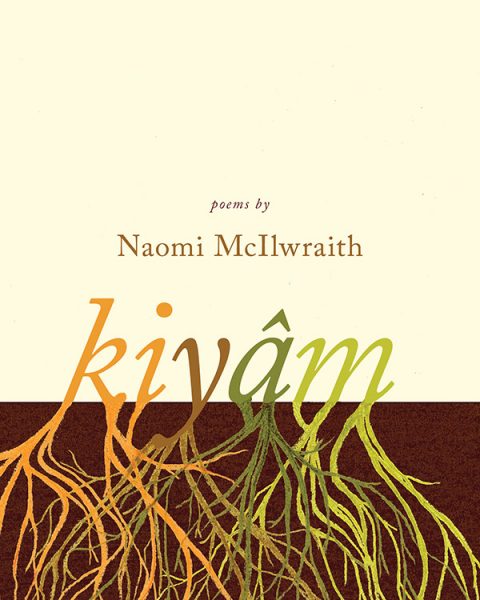From Turtle Island to Gaza
David Groulx

Through poems that move between the two languages, McIlwraith explores the beauty of the intersection between nêhiyawêwin, the Plains Cree language, and English, âkayâsîmowin. Written to honour her father’s facility in nêhiyawêwin and her mother’s beauty and generosity as an inheritor of Cree, Ojibwe, Scottish, and English, kiyâm articulates a powerful yearning for family, history, peace, and love.
In a clear and engaging voice, McIlwraith provides an intriguing view of a woman and a writer navigating the pathways between the European literary tradition and the oral tradition of the First Nations and Métis, negotiating these two vastly different linguistic worlds.
Jenna Butler, MacEwan University
McIlwraith’s emotionally honest verse doesn’t feel as though she’s playing at being Indian. Instead, she’s giving fresh vital voice to an ancient tongue, telling her family’s unique multicultural story as authentically as possible. Just as importantly, she’s starting a fresh vital conversation about the painful, complicated history we share.
Edmonton Journal
[McIlwraith] detours around historical attitudes, attempting to write in both [English and Cree], in a pilgrimage of transcribing and transliteration, circumventing the many obstacles of self and society in order to do so.
The Prairie Journal
This work is licensed under a Creative Commons License (CC BY-NC-ND 2.5 CA). It may be reproduced for non-commercial purposes, provided that the original author is credited.